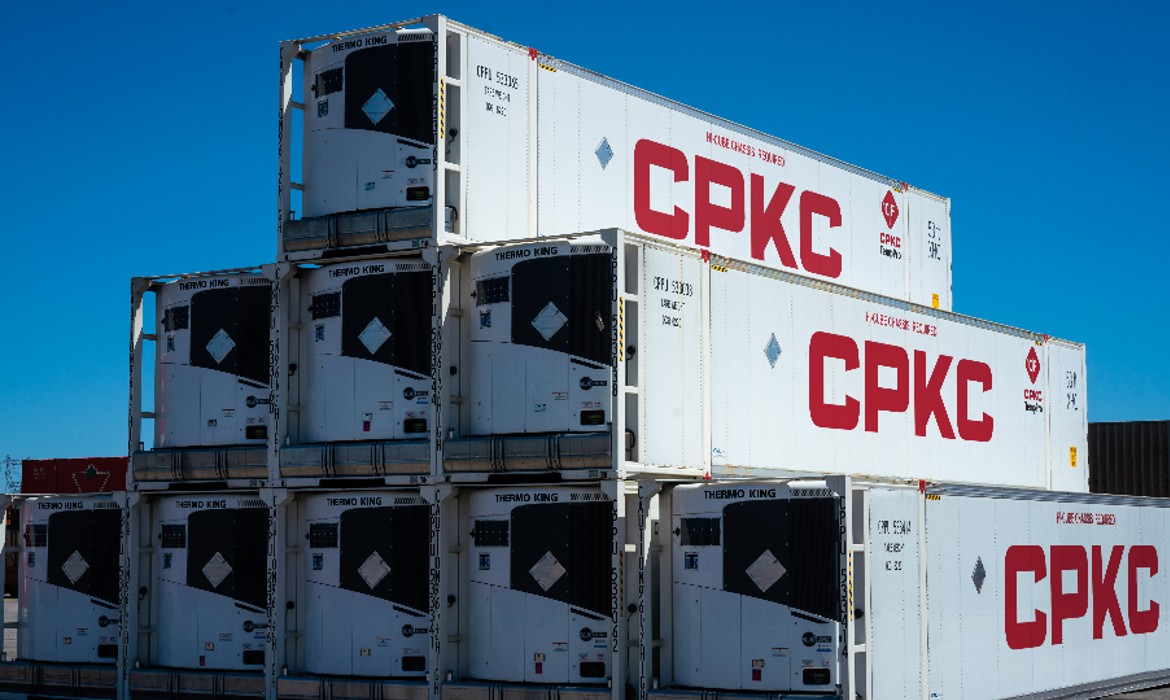
With the start of refrigerated rail services, the Mexican Association of Intermodal Transport (AMTI) is working to ensure that cargo inspections are conducted at the point of origin. To this end, it has already presented a proposal to SENASICA.
Diego Anchustegui, president of AMTI, recalled that in the past a similar inspection program was carried out for the Puerta México project in Toluca. However, the difference now is that they have a study of all the customers who would join the project.
“Now we have a very large committed volume that, if we can inspect it in warehouses and at the origin, would be transported via intermodal,” he said in an interview.
He explained that currently, the National Service of Health, Safety, and Agri-Food Quality (SENASICA) requires product inspection at the point of entry into the country. For example, if it enters through Laredo (Texas), it must be examined in Nuevo Laredo (Tamaulipas), or if it enters through Calexico (California), it must be inspected in Mexicali (Baja California).
Therefore, the proposal is for these inspections to take place at the point of origin. For example, if the cargo is loaded in Dallas or Kansas City, this would provide the benefits of intermodal transport.
“We are pushing for inspections to be done at the origin so that it doesn’t have to stop at the border,” he indicated.
It is important to note that Canadian Pacific Kansas City (CPKC) plans to start refrigerated services between Mexico and the United States, as does Grupo México Transportes (GMXT).
Without giving more details, Diego Anchustegui mentioned that there is a large volume of meat from major companies that could be moved by rail.
However, he also mentioned that warehouses near intermodal ramps are needed so that SENASICA personnel can conduct inspections at those facilities. These costs would be covered by AMTI or private entities.
He clarified that this is not something new; it only requires the necessary permits and payment to the personnel of the relevant agency.
“For SENASICA, it is safer to inspect from the origin, ensuring that nothing happens to the merchandise. There are different products that don’t require infrastructure, such as dog food, and merchandise that only requires a warehouse or meat products that need refrigeration or freezing for inspection before importation,” he said.
Nonetheless, they hope this proposal will be accepted this year due to the significant opportunity it presents for refrigerated intermodal transport.
Anchustegui also mentioned that they are working with the National Customs Agency of Mexico (ANAM) to eliminate the Annex 29 procedure, a document that the operator must fill out and is only required for intermodal export.
He explained that it is a form where the truck’s license plate number, chassis, and container must be recorded. “We are pushing for its elimination; it is a problem and complicates the process of completing this document.”
Additionally, they seek to increase the operational area of customs facilities and modify customs service hours, which would provide more fluidity for containers.
Comment and follow us on X: @evandeltoro / @GrupoT21














